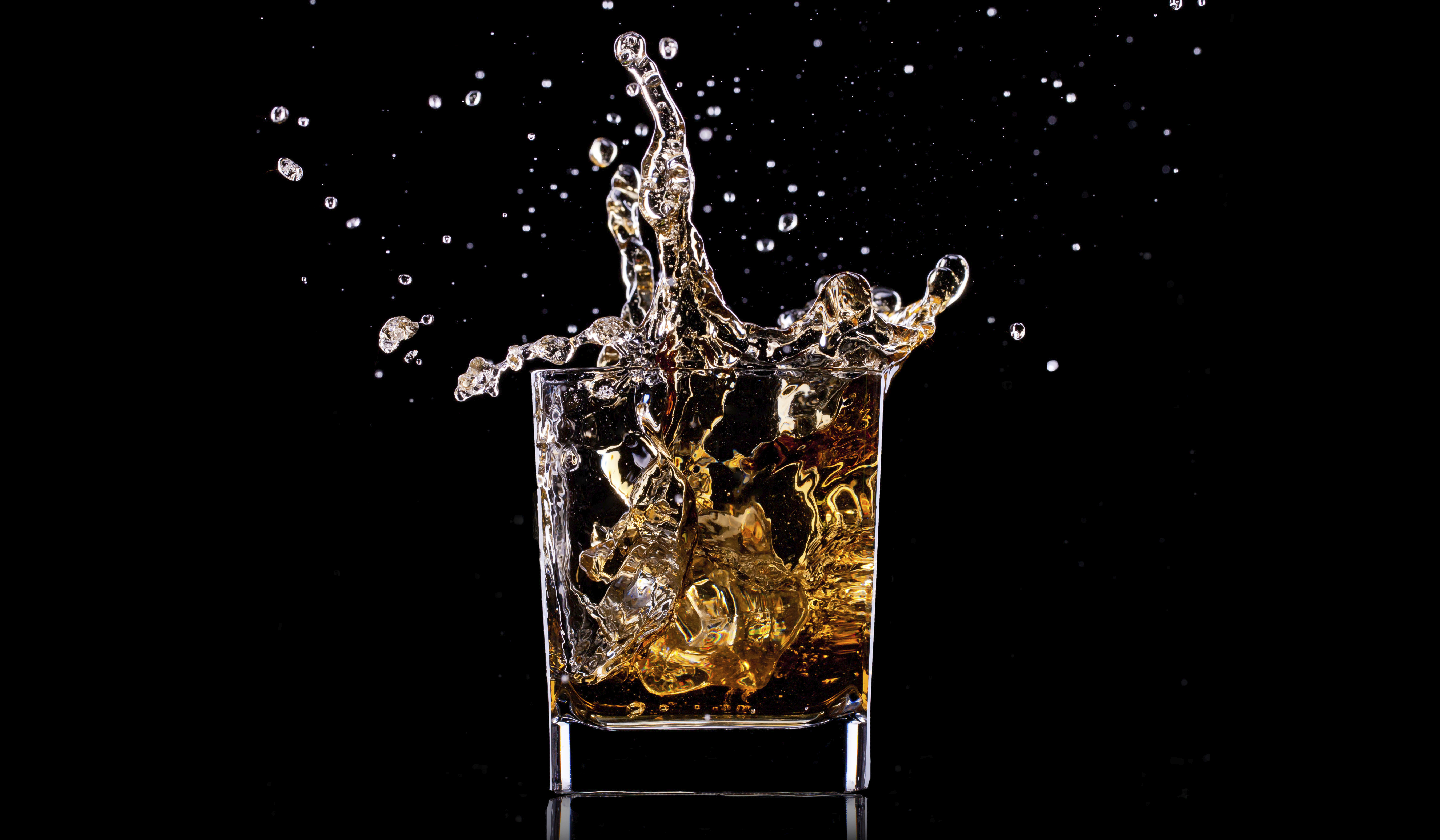Small rewards might lead to big results in alcohol abstinence

Recovery from alcoholism is notoriously difficult. The satisfaction of a quick drink often trumps the idea of a later reward, such as better health, stronger relationships, and more stability.
But now, there may be a new way to help people abstain.
Mikhail Koffarnus, a research assistant professor at the Virginia Tech Carilion Research Institute, recently received a National Institutes of Health grant for nearly half a million dollars to devise a new approach to substance abuse treatment.
Koffarnus plans to use a technique that has shown success with drug users, but isn’t currently considered feasible for alcoholics. The solution to help recovering alcoholics pursue distant, intangible goals is surprisingly simple.
“We pay them,” Koffarnus said. “Participants get a small amount of money for each negative test for alcohol in their system. They earn more the longer they go without a positive test.”
When they are rewarded with real and immediate payments, however small, participants are more likely to stick to their long-term treatment plans.
“It’s a good idea, and it helps reinforce a person’s abstinence,” Koffarnus said. “The problem is how feasible it is to actually test alcoholics to ensure that they are consistently abstaining, since alcohol doesn’t remain in the system the same way other drugs do.”
It’s not practical, unless the person lives close enough to a treatment center and has the time to go in multiple times a day. Even then, it’s not a sustainable model. But what if the treatment center went to the person instead?
Koffarnus had the idea years ago, but the technology hadn’t caught up yet. Breathalyzers were easily tampered with, as well as expensive. Also, unless the user was directly supervised, there was no way to verify that the user was actually the one being tested. Collecting data was also difficult.
So, Koffarnus shelved the idea, occasionally browsing commercially available breathalyzers to see if any had been developed that met his needs.
“I knew a company would eventually develop something, and, then, there it was,” Koffarnus said.
The company SOBERLINK, which Koffarnus is not affiliated with, developed a device that Koffarnus deemed ideal for the purpose. The breathalyzer is portable and battery-operated. A camera on the top snaps a picture of the user and the results are immediately sent via a cellular link to a centralized server.
Participants are issued a debit card, onto which Koffarnus can load money. The first day they test negative, they’ll earn $5 on their card. The reward increases by $1 for every consecutive day they test negative, up to $25. It’s possible for the participants to earn $350 during the three-week research period. But if the subject tests positive even once, he or she resets to the initial $5 rate.
The investigation team also includes Warren Bickel, a professor at the Virginia Tech Carillion Research Institute and in Virginia Tech’s Department of Psychology; Anita Kablinger, a professor of psychiatry and behavioral medicine in the Virginia Tech Carilion School of Medicine; and Kenneth Silverman, a professor and contingency management expert at the Johns Hopkins School of Medicine.
The study will focus on the local community, since participants are required to meet Koffarnus in person to begin the program. From the information gathered during this study, Koffarnus hopes to initiate a much larger program.
“I would love to have a nationwide study, especially in remote areas,” Koffarnus said, explaining that many isolated areas have high rates of alcoholism and limited access to treatment programs. “My dream is to create a decentralized treatment center, so everyone who wants help can get it.”
Written by Ashley WennersHerron.




